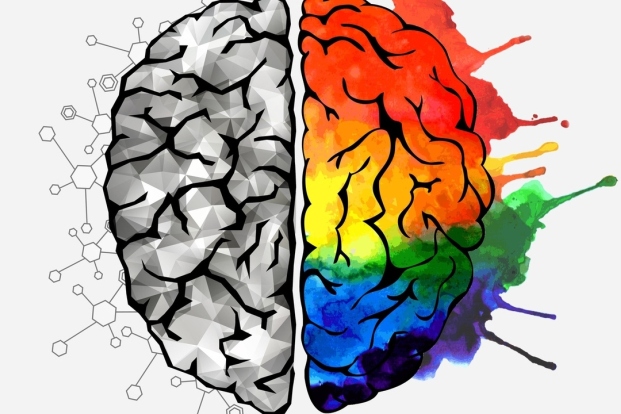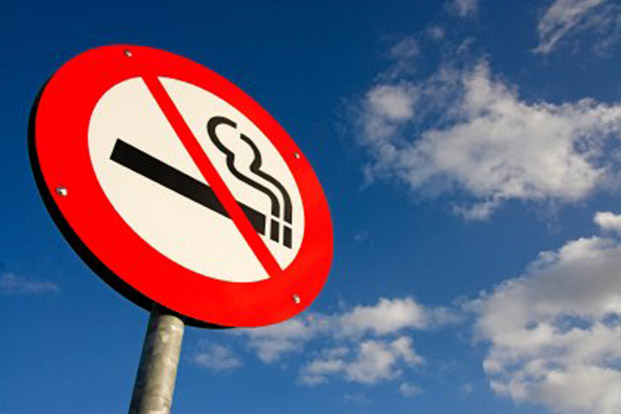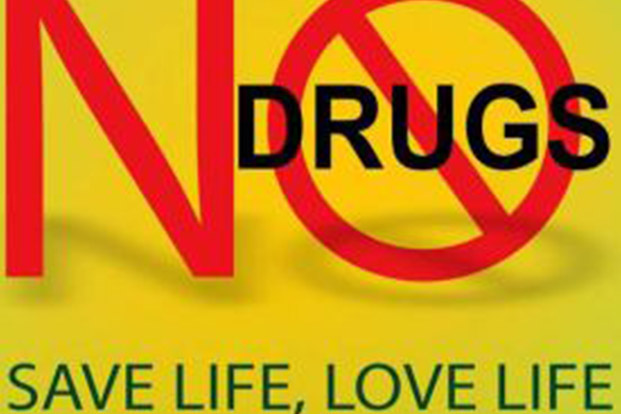Does Stress Causes High Blood Pressure?

Apr 19, 2022
Stress is defined as one’s response or reaction to real or imagined threat, event or change (Known as stressors).Stress is a state or condition which arises when one perceives that the demand exceeds the existing resourses one can mobilize. Stress is inevitable but one can learn to manage it. Stress is thought to be bad but it is not true all the times. Positive stress (Eustress) is perceived within one’s coping abilities, it is motivating and ultimately improves performance whereas negative stress (Distress) is perceived as beyond our coping abilities, results in anxiety and results in decline in performance. Chronic stress itself or the associated illness like depression, anxiety can eventually lead to increased risk of cardiovascular disorders including increased blood pressor. They have increased risk of coronary artery disease, heart attack and death following myocardial infarction. There have been many biological and behavioral reasons for this association.

The hormones that affect your health due to stress:
Increased cortisol level due to chronic stress results in enhanced platelet aggregation in damaged vessels and autonomic dysregulation are the important biological reasons. Other important behavioral changes during stress that result in cardiac morbidity is sleep disturbances, physical inactivity, addiction and poor compliance to ongoing medications. Early intervention with required lifestyle modifications including measures to reduce stress level in family and surrounding, balanced diet, regular physical activity, avoidance of addiction and good sleep hygiene are few step one can take to avoid cardiac morbidity.
The best advice to control stress:
A number of people have different ways to handle stress. Some sleep it off, while some can indulge in binge eating. Given below are some of the healthy ways to tackle stress the best way.
- Go for a run or work out: Stretching your muscles and exercising is the best way to relax yourself. It can control the rising cortisol levels. Fresh air and an open environment can help the thought process too.
- Eat healthy : Remember that if you eat unhealthy, you are harming your body more. Eat salads and greens and drink as much water as possible.
- Sleep it off: Taking a nap for a while can help take your mind off the stress. Take a power nap or sleep for 2-3 hours. It will help relax you.
- Take a break : If it is work that is stressing you out, it is best that you leave your work and spend time alone. You need to clear your mind and reenergize yourself.
- Socialize: Spending time with family and friends can help take the load off. Try and go out with friends and let yourself loose.
Speak to some one: It is important to share your strain. There is a possibility that you may come up with options to solve your issues.







